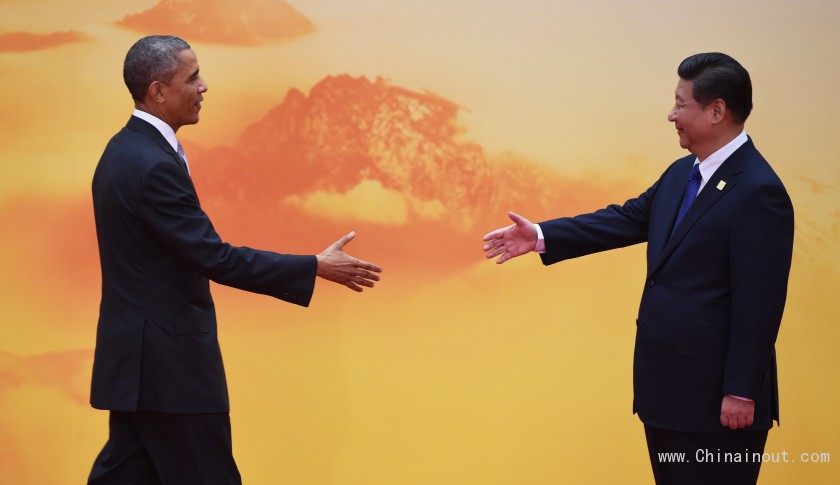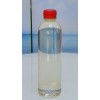美国自中国进口的游戏机、全球定位系统(GPS)设备、无线耳机以及其它许多高科技产品的价格有望下降,虽说价格不会在今年圣诞假期就降下来。
本周二早些时候,中美两国达成了一项里程碑式的协议,将互相削减多种高科技产品的关税。这为达成近20年来的首项信息技术全球性自由贸易协议铺平了道路。
随着中国对某些处于行业领先地位的美国企业积极展开反垄断调查,近来中美两国的经济关系遭遇了一些波折。而这项酝酿多年的协议,是大受欢迎的利好消息。
据路透社(Reuters)报道,美国贸易代表迈克尔o弗罗曼在于北京举行的亚太经合组织(Asia-Pacific Economic Cooperation)峰会会议间隙表示:“这对中美关系而言是令人鼓舞的消息。”
“这表明中美在共同努力推进双边经济议程,同时也在努力支持多边贸易体系。”
中国是全球最大的高科技设备出口国,中美本周二达成的协议,将提振今年增势有所放缓的中国经济,而且符合中国政府的战略:推动国家经济向价值链上端转移,而不是一直做世界廉价工厂。
同中方在APEC峰会间隙进行双边会谈后,美国总统奥巴马公布了上述协议。美国贸易代表办公室在一份声明中表示,该协议将“允许更多‘美国制造’[的产品]无需征收繁重关税就出口到更多市场,并帮助美国新增成千上万个高薪制造业和高科技岗位。”
该协议涵盖了250多类原1996年《信息技术协议》(Information Technology Agreement)未包含的产品。新加入《信息技术协议》的大部分产品,关税将完全免除或大幅削减。
该协议为位于日内瓦的世界贸易组织(World Trade Organization)达成一项全球性协议铺平了道路,其时间可能在今年年底。不过,现在还没到下定论的时候,因为日本和韩国等国可能有些尚待解决的问题。
《信息技术协议》覆盖了每年约4万亿美元的全球贸易,但自1996年以来,该协议所涵盖的产品类别从未扩充过。(中国进出口网)
It’s time to look forward to cheaper video game consoles, GPS devices, wireless headsets and a whole load of other high-tech goods–although not in time for this holiday season.
The U.S. and China reached a landmark agreement early Tuesday on cutting tariffs for a whole range of high-tech goods, paving the way for the first global agreement on free trade in information technology in nearly 20 years.

The deal, which has been years in the making, is a welcome piece of positive news in an economic relationship between the two countries that has run into trouble of late against a background of increased , with China aggressively pursuing some leading U.S. companies for alleged antitrust violations.
“This is encouraging news for the U.S.-China relationship,” Reuters quoted USTR Michael Froman as saying on the sidelines of meetings of the Asia-Pacific Economic Cooperation summit in Beijing.
“It shows how the U.S. and China work together to both advance our bilateral economic agenda but also to support the multilateral trading system.”
For China, which is by far the world’s biggest exporter of such equipment, the agreement is a welcome boost to an economy that has lost momentum this year, and fits with a government strategy of trying to move the country’s economy up the value chain, rather than having it stay the low-cost workhouse of the world.
The deal was announced by President Barack Obama after bilateral talks with China on the sidelines of the APEC summit. Froman’s office said in a statement it would “allow substantial expansion of ‘Made in America’… exports to growing markets without the imposition of burdensome tariffs, and support tens of thousands of well-paying U.S. manufacturing and technology jobs.”
The deal covers more than 250 types of product not included in the original 1996 Information Technology Agreement. As a result of bringing these products under the ITA, tariffs on most of them will either be cut entirely or substantially reduced.
The agreement paves the way for a global deal to be agreed at the World Trade Organization in Geneva, possibly by the end of the year. However, the last word still has to be spoken, as other countries such as Japan and South Korea will likely have issues of their own that need to be addressed.
The ITA covers some $4 trillion a year in global trade, but the list of products covered by it hasn’t been expanded since 1996.











